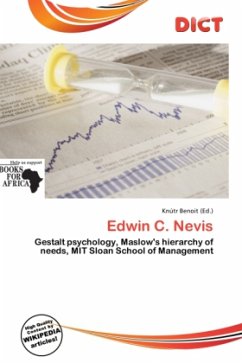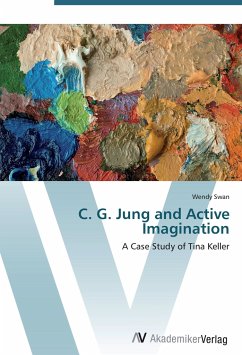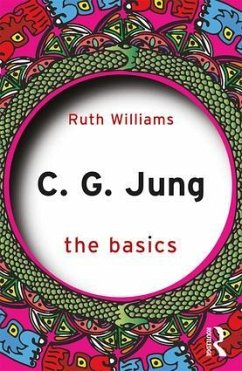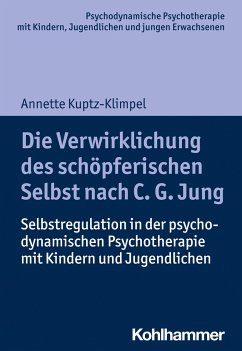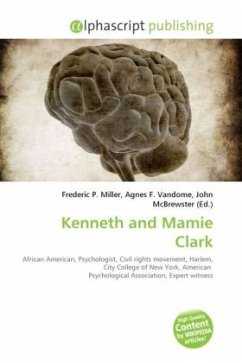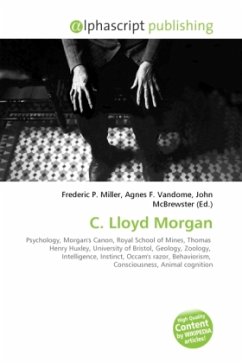
C. Lloyd Morgan
Versandkostenfrei!
Versandfertig in 6-10 Tagen
39,99 €
inkl. MwSt.

PAYBACK Punkte
20 °P sammeln!
C. Lloyd Morgan (Conwy Lloyd Morgan) (6 February 1852 - 6 March 1936) was a British psychologist. He is best remembered for the experimental approach to animal psychology now known as "Morgan's canon". Lloyd Morgan was born in London and studied at the Royal School of Mines and subsequently under T. H. Huxley. He taught in Cape Town, but in 1884 joined the staff of the then University College, Bristol as Professor of Geology and Zoology, and carried out some research of local interest in those fields. But he quickly became interested in the field he called "mental evolution", the borderland be...
C. Lloyd Morgan (Conwy Lloyd Morgan) (6 February 1852 - 6 March 1936) was a British psychologist. He is best remembered for the experimental approach to animal psychology now known as "Morgan's canon". Lloyd Morgan was born in London and studied at the Royal School of Mines and subsequently under T. H. Huxley. He taught in Cape Town, but in 1884 joined the staff of the then University College, Bristol as Professor of Geology and Zoology, and carried out some research of local interest in those fields. But he quickly became interested in the field he called "mental evolution", the borderland between intelligence and instinct, and in 1901 moved to become the college's first Professor of Psychology and Education. As a specialised form of Occam's razor, Morgan's canon played a critical role in the growth of behaviourism in twentieth century academic psychology. The canon states In no case may we interpret an action as the outcome of the exercise of a higher mental faculty, if it can be interpreted as the exercise of one which stands lower in the psychological scale. For example, an entity should only be considered conscious if there is no other explanation for its behaviour.



